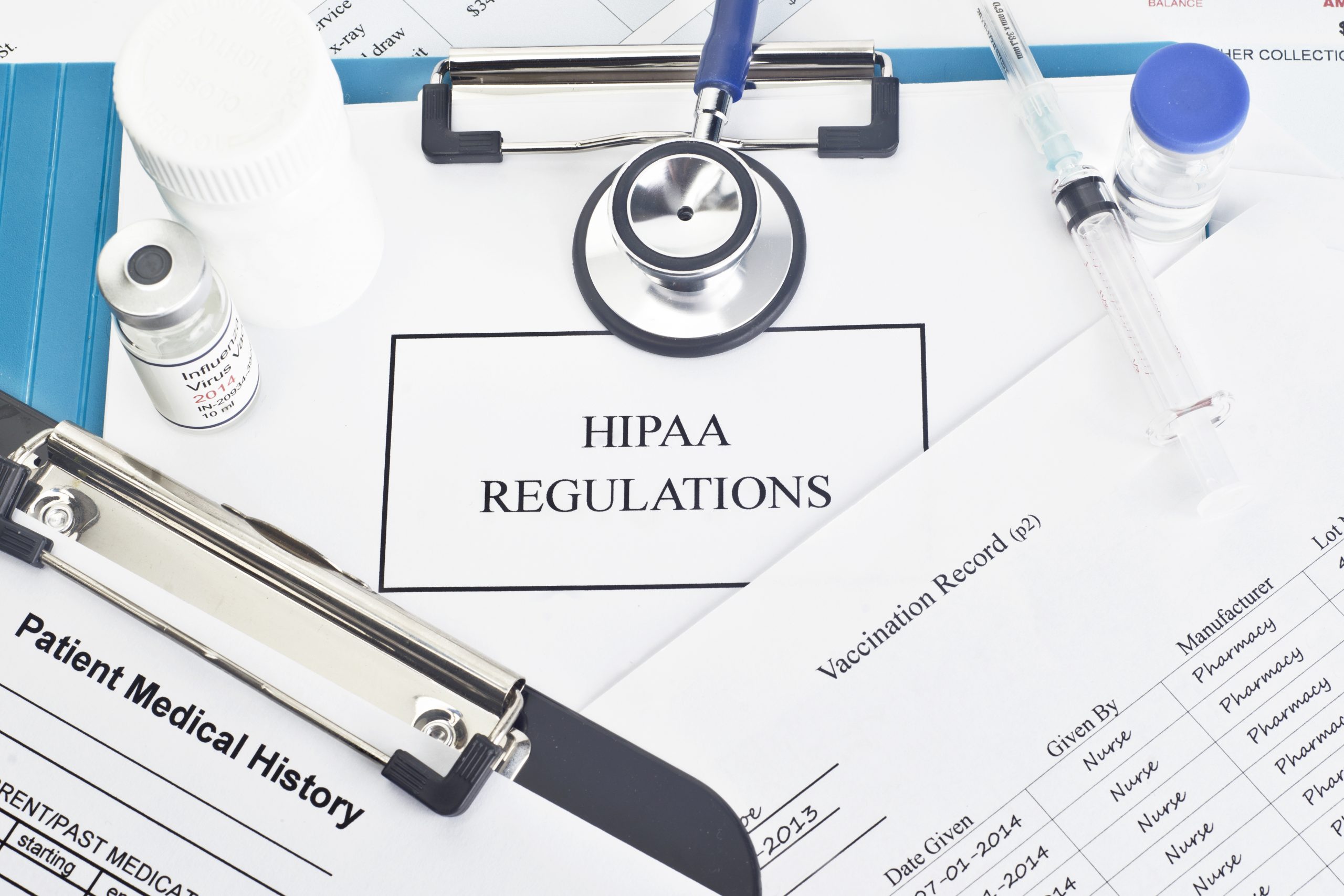
SIGN-IN SHEETS: HIPAA does not prohibit sign-in sheets. HIPAA recognizes customary and essential communications as necessary to the practice. Listing names and time of arrival is okay. Do not list the reason or diagnosis for the visit which can be read by others signing in.
SAYING A PATIENT’S NAME IN THE WAITING ROOM: Yes, you can call the patient by name when bringing them to the desk to complete registration or to take the patient back to the exam room. Just don’t elaborate on the medical reason for their visit out loud where others can overhear.
PICKING UP PRESCRIPTIONS: Family members or friends can pick up prescriptions for the patient. HIPAA allows the patient to list friends or family as caregivers, who can discuss the care with the physician or pick up prescriptions.
PATIENT’S CAN GET FREE COPIES OF THEIR RECORD: Patients under HIPAA can request copies of their record. If the physician agrees to the release, a reasonable charge for copying is allowed. The reasonable copy rate is often set by State laws, which should be checked for accuracy of the rates allowed. Requests for copies can be denied for various reasons, but, under HIPAA, the patient can cause the practice to give a valid reason for the denial, up to a hearing before State or Federal agencies.
PATIENT RECORDS BELONG TO THE PATIENT: The record is property of the practice as it constitutes a business record. Business records of an organization are used for tax or legal purposes, for insurance payments or regulatory review. The information in a patient record concerns a given individual and, as such, a copy is often needed for continuity of care and insurance or disability claims among other reasons.